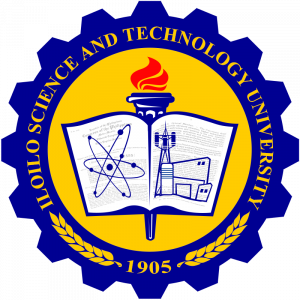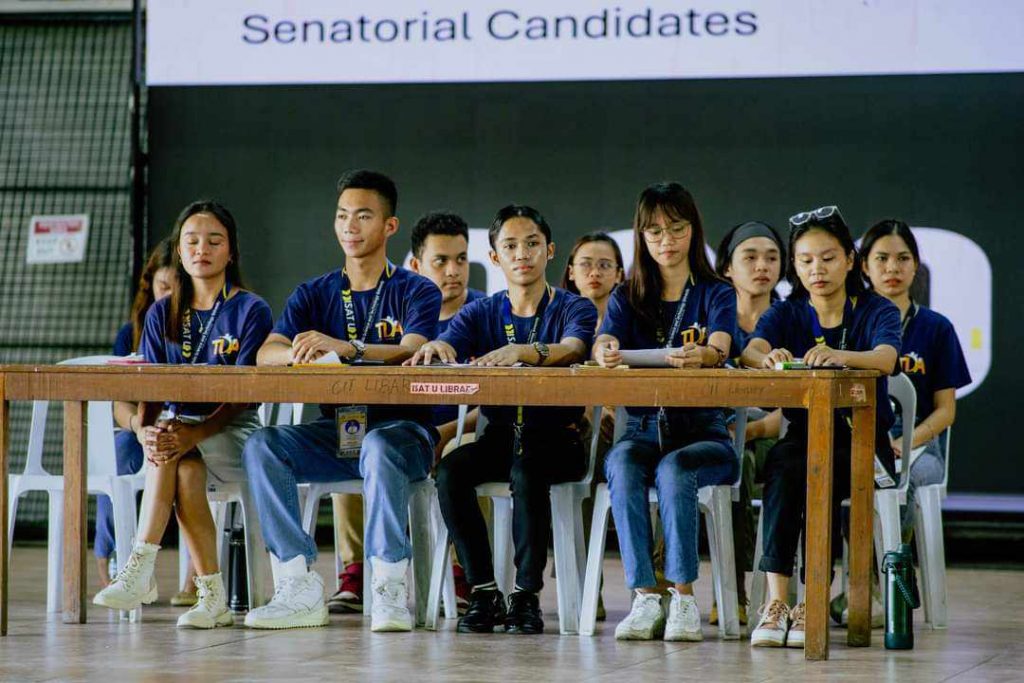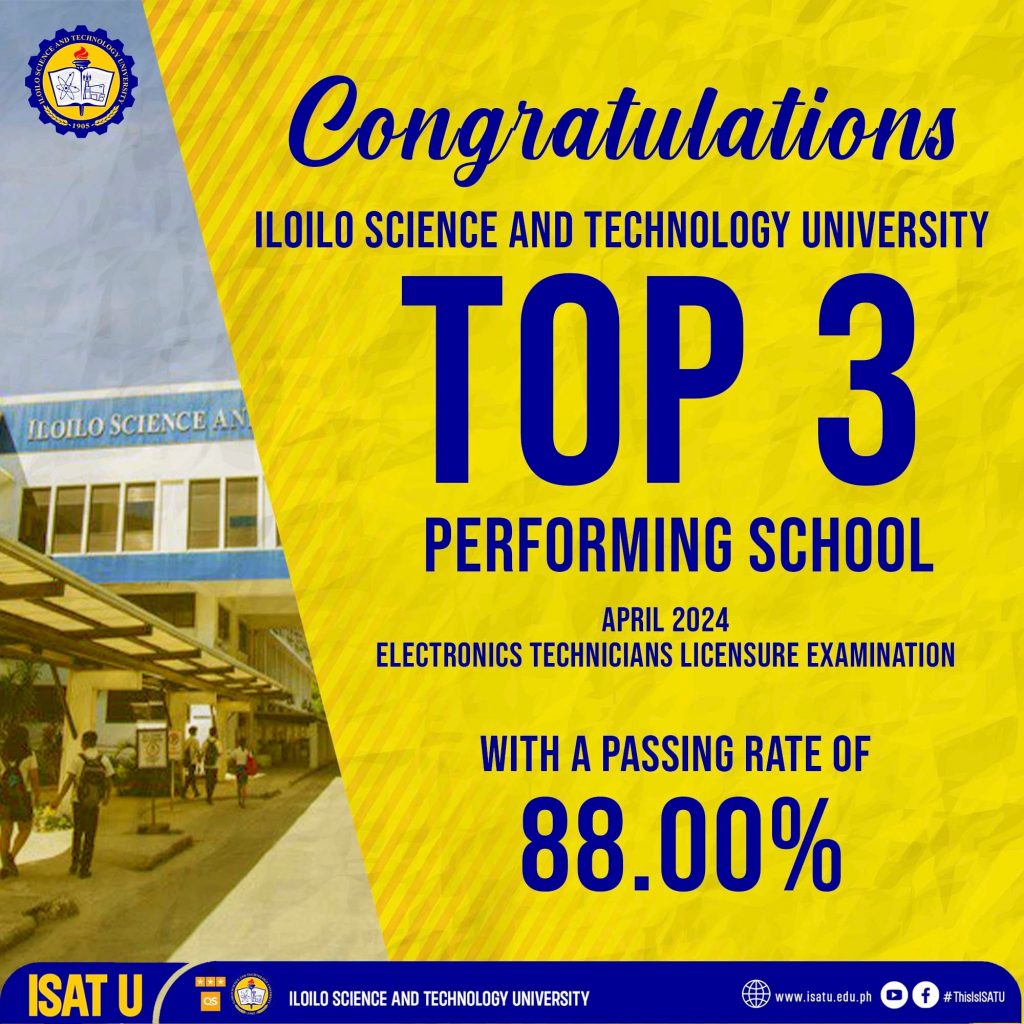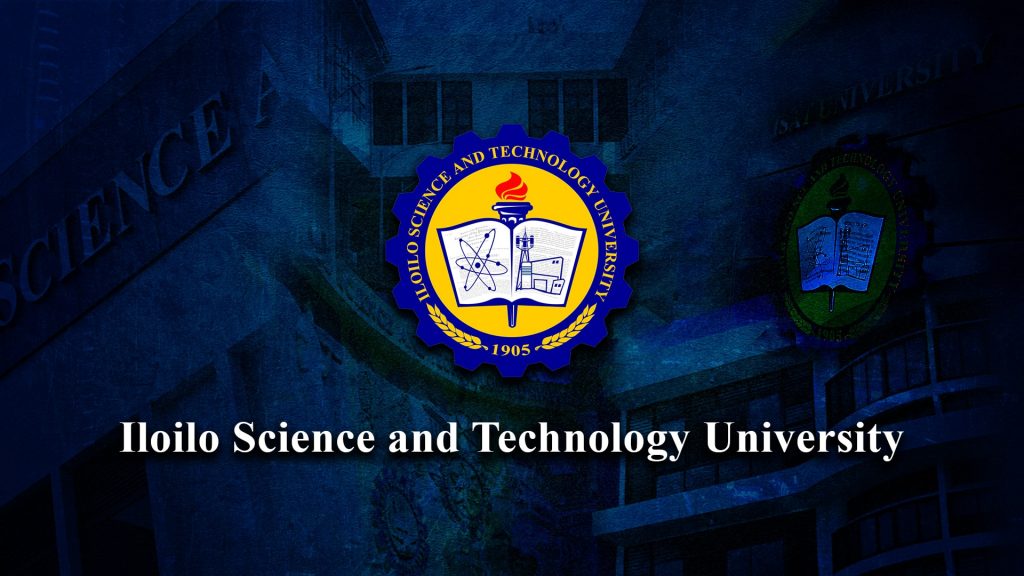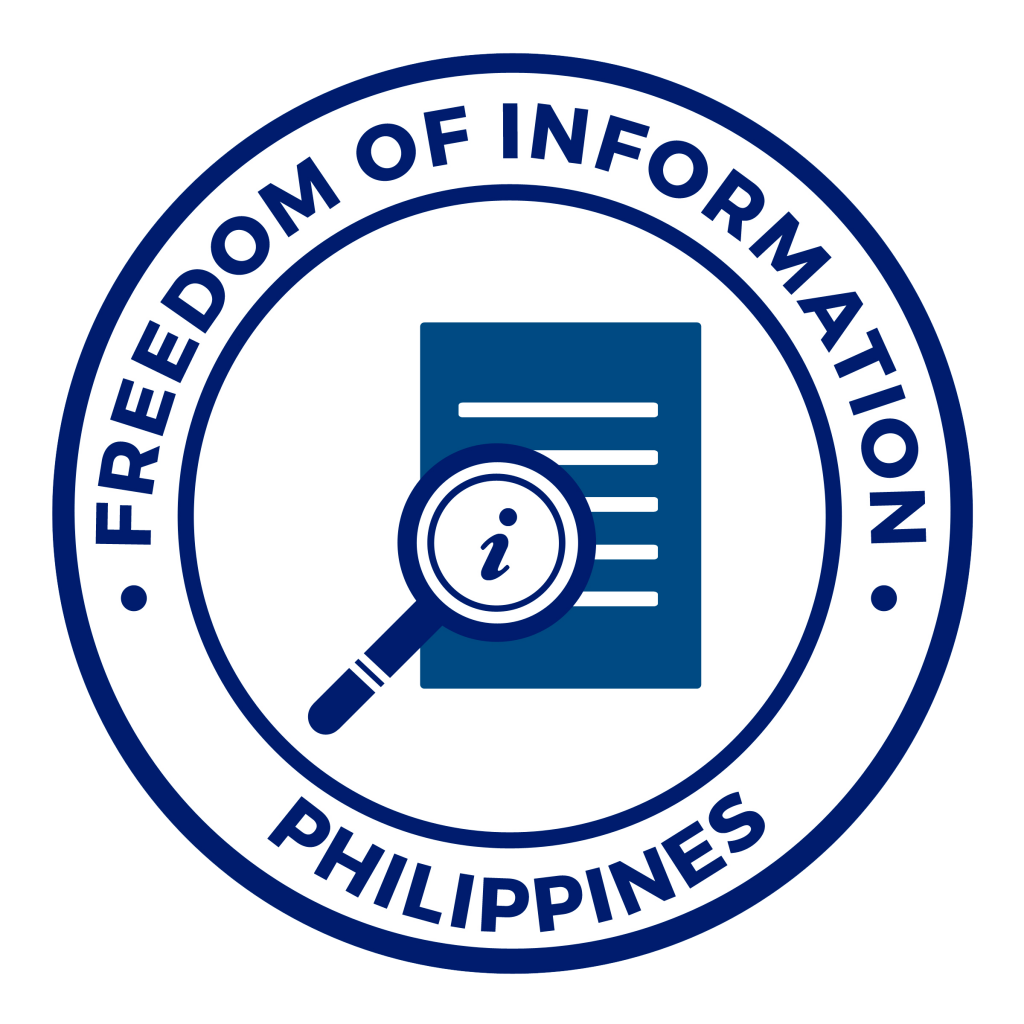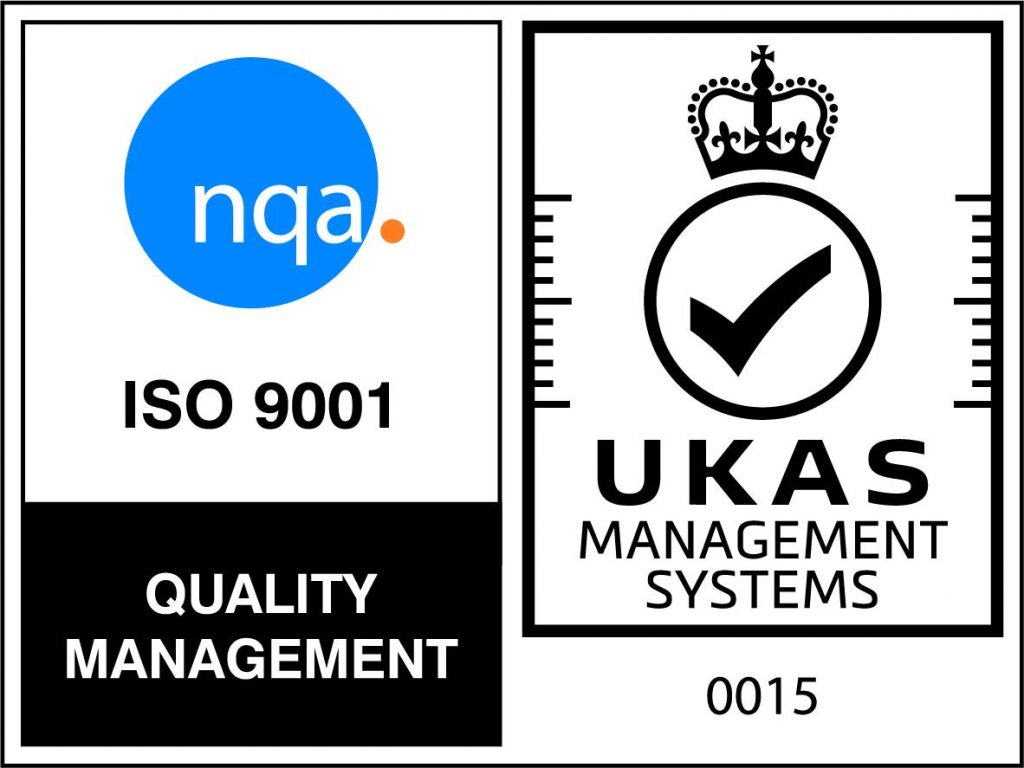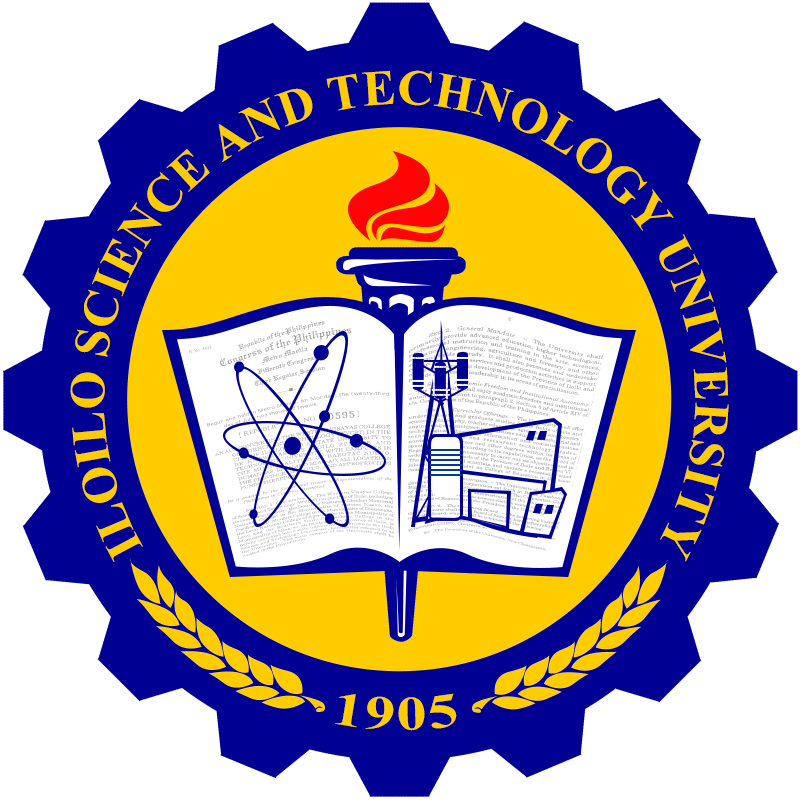
Dr. Nehema K. Misola raises a point in the presentation of the different focal persons during the workshop on February 28, 2018 at the New Board room.
An Institutional Sustainability and Adaptability through Technologies Utilization (ISAT U) Program was created for promotion of the Sustainable Development Goals (SDG) in the university particularly on renewable energy and resource management.
Dr. Nehema K. Misola, Vice President for External Affairs, spearheaded the initiative as part of her output in Community Engagement Workshop in Centre Des Congres de la Gespesie at Carleton Sur Mer and study visit on Education for Sustainable Development at the University of Waterloo-Waterloo Institute of Sustainable Energy, Waterloo, Canada.
With the support from the Office of the Vice President for Research and Extension (VPRE) and the Planning, Development and Auxiliary Services (PDAS) Office, a number of university professors were tapped to conduct researches, develop projects and make recommendations relative to climate action and UNESCO-UNEVOC greening TVET institutions initiatives.
The five areas of ISAT U program with corresponding project components are the Energy Management Systems, Renewable Energy, Water Demand Management Program and the Greening and Climate Resiliency Advocacy, and Advocacy Campaign and Curriculum Development.
The group headed by Dr. Roger P. Balderas will frame The Energy Management Systems program. It seeks to utilize and maintain effective use of energy throughout the institution, reduce energy costs/wastes without sacrificing the school’s entire operation and ensure reliable, efficient and safe power system.
The Water Demand Management Program is undertaken by Engr. Rewil R. Tornalejo and his group. It proposes the ISAT U Institutional Water Audit Project that will establish a baseline data and other critical information requirements for institutional water demand requirements. Specifically, it promotes water demand management as a response to water shortage and climate change, develop water impounding systems, increase water security using sustainable and resilient approaches/ innovation and integrate water demand management principles into the plumbing code for old and new structures compliant to Green Building Code.
The researchers for Renewable Energy led by Dr. Renerio S. Mucas are working on a project model: Design and Installation of a Tie Grid Solar Power System to the N-Building. The project is designed not only for school’s consumption but also for income generation. The group targets to develop a system that will sell sun-generated power to local power service provider in case of excess in the supply for the school facility.
On the other hand, the group of Prof. Rossana R. Dureza that works on Greening and Climate Resiliency Advocacy proposes a Hydrologic Study: Basis for Water Management and Flood Hazard Mitigation and Adaptation. The study aims to identify natural source of water at the university site and the surrounding communities, assess flooding due to precipitation and propose water impounding and water catchment facilities.
